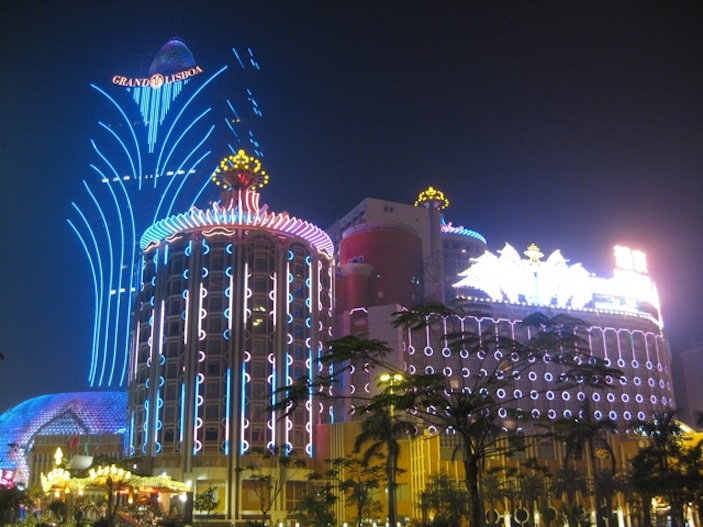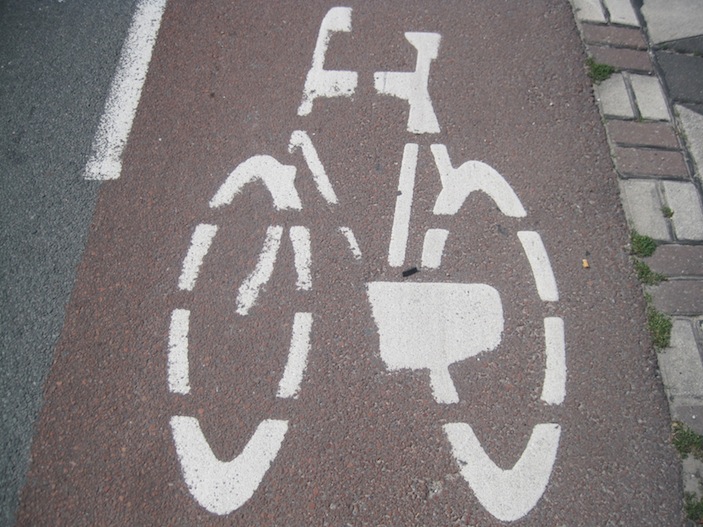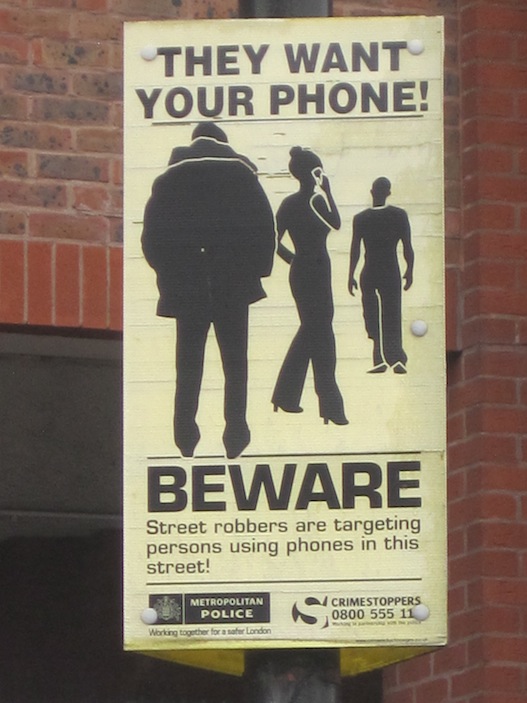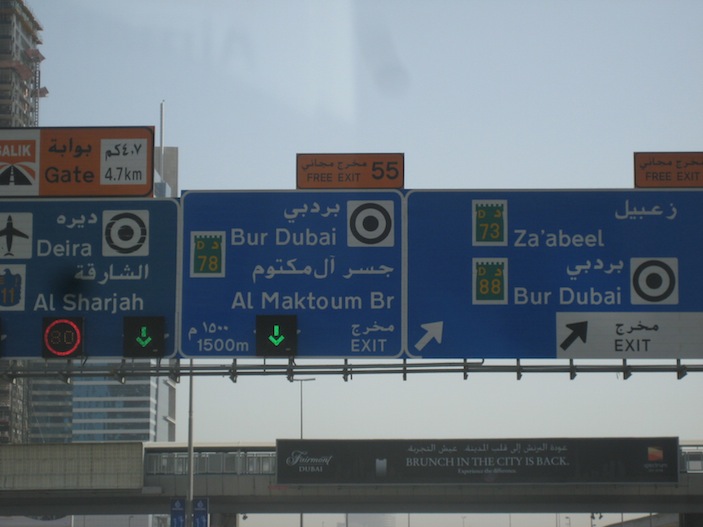Author Archive
20 “Wow” Facts About Turkey
No matter what your experience in Istanbul, whether it ranges from ancient sightseeing by day to futuristic clubbing by night, it is hard to spend a moment in this place without being enchanted by the history.
With a little help with our friends at the Kusadasi Tourism Board, we have compiled some little tidbits that you probably won’t be able to get out of your mind once you finally make it here.
- Istanbul is the only city in the world that spans two continents.
- Forget Washington D.C. or Brussels. Istanbul has been the capital of three of the world’s great empires: Roman, Byzantine, and Ottoman (the latter for more than 2000 years).
- Turkey houses the world’s oldest known human settlement in Catalhoyuk, which dates back to 7500 BC.
- More than 150 archaeological excavations are conducted in Turkey—every year.
- Anatolia is the birthplace of St. Paul the Apostle, Herodotus (known as the father of history), King Midas and Omar the Poet. Furthermore, the names Paris, Philadelphia and Europe came from here.
- It also began producing wine more than 6000 years ago, and hosted the world’s first known beauty contest, judged by Paris, with Aphrodite, Hera and Athena going up against each other.
- Two of the seven wonders of the ancient world are here: The Mausoleum at Halicarnassus and the Temple of Artemis.
- This is wear the Trojan Wars took place, in western Turkey. Yes, those Trojan wars.
- The first church built by man is St. Peter’s Church in Antioch.
- St. John, St. Nicholas, St. Paul and St. Peter all spent a time living in Southern Anatolia.
- The term “Veni, Vidi, Vici” (“I came, I saw, I conquered) was made famous by Julius Caesar here, when he defeated a strong kingdom along the Black Sea called Pontus.
- Despite Turkey not being a highly Christian nation, St. Nicholas, who became Father Christmas, was born in Demre along the Mediterranean Coast.
- Noah’s Ark landed here, on Mount Ararat (Agri Dagi) in Eastern Turkey.
- Aesop, yes, the one from Aesop’s Fables, was born in Anatolia.
- Legend has it that Turkey’s southwestern shore was a wedding gift that Mark Anthony gave to Cleopatra.
- The Virgin Mary’s last home was in Selcuk, near Ephesus.
- Homer, of the Iliad and the Odyssey, was born in Izmir along Turkey’s West Coast. Troy is depicted in his epic, the Iliad.
- Leonardo da Vinci designed a bridge over the Bosphorus, connecting Asia and Europe, which was never built.
- Alexander the Great conquered a large part of what is now Turkey, and cut the Gordion Knot in the Phrygian capital (Gordium) near present-day Ankara.
- Suleyman the Magnificent, who would become known as the famous Ottoman Sultan, wrote over 3000 often politically charged poems here.
IDmacau: The Risk-Taking Propensity of the Chinese
Macau generated the same gambling revenue as Las Vegas in 2004 with just 4% of the number of slot machines and 40% of the gaming tables, and less than 10% of the number of hotel rooms.
This reflects the difference in risk-taking propensity between two of the largest market economies in the world. Whereas gambling is largely a form of entertainment in the West–look at how much the club scene is an integral part of the Las Vegas experience as compared with strictly gambling–in China it is seen as something much greater: a battle with destiny or one’s fate. It may take you a visit here and a walk through these casinos to fully understand this.
Given that this culture gave us the I Ching, feng shui, lucky numbers in fortune cookies and the like, it is obvious that luck is a primary building block to Chinese culture. I can’t recall how many times, for example, I have nearly tripped over a roast pig, a raw chicken, flowers, or burning incense outside of a shop grand opening while traversing Hong Kong–all offerings for luck.
So next time you are looking to get away, party and throw some money around for kicks, head to Vegas. But if you want to have a true battle against destiny, then Macau is the place for you. I’m just surprised China’s suicide rate isn’t a bit higher, since so many of these people obviously walk away thinking destiny is against them…
IDamsterdam: Bike Lane
A little tribute to numbers 4 & 5 in our list of what makes the Dutch great…
IDlondon: They Want Your Phone!
IDcapetown: The Gum Boot Dance
You don’t need to spend too much time in tourist spots like Cape Town’s V&A Waterfront to witness a dance truly unique to South Africa—that of the gumboot. Originally conceived by black South African miners as an alternative to drumming, which was prohibited by authorities, the dance consists of a group of guys dressed in Wellington boots, often embellished with bells, stomping on the ground rhythmically.
Interestingly enough, the dance was originally intended to be a communication tool. Miners were not only prohibited from drumming—they were prohibited from talking altogether in some cases. Combine that with the dark, damp conditions in which they often had to work, and the sound of the stomping basically served as a code intended for someone nearby. As for the boots, they just happened to be what the miners wore, who often stood in knee-deep water while working.
An important part of South Africa’s cultural history, the gumboot dance is still seen frequently throughout the country, and also taught in some schools. While it certainly draws inspiration from other African dances featuring polyrhythm and body articulation, it is truly a South African art. Outside of the country, you can see traces of the gumboot dance’s influence in the step shows popularized by fraternities and sororities in the United States and beyond. But as nothing quite compares to the original, enjoy the video below!
IDtokyo: Humble Man
IDdubai: Highway Signs
February 14th: Valentine’s Day!
This isn’t exactly unique to Korea, but guys, just know that Korea should be the object of your envy when it comes to Valentine’s Day. See, here, you don’t have to do anything! That’s right—just sit back and receive your chocolate from that lovely lady of yours.
Yes, Valentine’s Day in Korea is all on the woman’s shoulders. Several days before the 14th, streets are lined with vendors selling baskets of chocolate, which is a standard gift for boyfriends or even male objects of admiration. Those girls who want to go all-out even raise the bar beyond that, as Valentine’s Day is a huge profit-winner for department stores, hotels, bakeries, jewelers, and pretty much any other types of consumer goods vendors you can think of.
In Korea, this is definitely a great day to be a man!
Election to Address Italy’s Culture of Machismo? Apparently Not…
Everyone knows about Italy’s male chauvinist reputation. Whether it is justified or not, every girl who mentions a plan to visit Italy will hear the same advice from those around her: Be careful around the aggressive men.
Having spent enough time here, I know it is pretty much harmless–lots of hooting and hollering but very rarely physical action. So while you may not have to worry for your safety, you, attractive woman, will have to accept being looked at like a juicy, t-bone steak.
So goes the reputation, anyway–a reputation that Italy has been trying to shake off for some time now.
And re-electing Silvio Berlusconi as Prime Minister for a fourth time in this month’s election (24-25 February) will not be the way to do that. Could you imagine Berlusconi even having so much as a chance to be elected in a place like politically-correct America?
If I recall correctly, Bill Clinton was nearly impeached from office for having an affair with a legal adult, despite his excellent track record in doing his job.
Yet, Mr. Berlusconi has closed the gap with the current frontrunner, Pier Luigi Bersani, and still has a shot to win the election (see Reuters article on the latest news here).
Let’s recall a couple of Silvio’s greatest examples of chauvinist buffonery:
- In the run-up to the 2008 Italian general election, Berlusconi said that female politicians from the right were “more beautiful” and that “the left has no taste, even when it comes to women.” It should be noted that he won the election.
- Around the same time, he criticized the composition of Spain’s Council of Ministers as being too “pink” because it was composed of an equal number of men and women.
- He compounded those comments by saying that Spain’s composition would be impossible in Italy, given the “prevalence of men” in Italian politics.
- And finally, let’s not forget the fact that he paid a 17-year-old girl an alleged $65,000 in 2010 so that she “would not have to become a prostitute.” Berlusconi was 73 years old at the time. And it should also be noted that he had sex with the girl. (Does this somehow not fall into the category of “prostitution” in Italy?)

Old Silvio and the 17-year-old girl he paid (for sex) “so she would not have to become a prostitute” (photo credit: telegraph.co.uk)
It will be interesting to see if he is elected yet again, in which case, the movement for gender equality in Italy will be set back a decade or two yet again.
.jpg)









